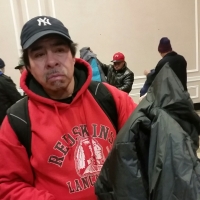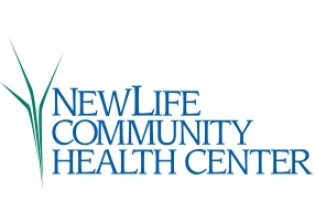
Oh, the weather outside is ... "bite-ful"
By John Peck | January 7, 2018
Oh, the weather outside is..."bite-ful".
Much of the Northeast and upper Midwest has been hunkered down from a massive, skin-and-temperature-biting Arctic cold snap since around Christmastime, that has continued into January, with single-digit temperatures and below-zero wind chills. That means that while many people are still out-and-about, they could go also "down-and-out" if not careful about two major health risks: hypothermia and heart attacks.
Please take care to watch out for the signs of both over the next few weeks.
Hypothermia is a major medical concern, because your body loses heat faster than it can be produced. Here are some signs of hypothermia:
· Shivering.
· Slurred speech or mumbling.
· Slow, shallow breathing.
· Weak pulse.
· Clumsiness or lack of coordination.
· Drowsiness or very low energy.
· Confusion or memory loss.
· Loss of consciousness.
If you or anyone you are with have ANY of these signs that are cause for concern for you in cold weather, seek medical help immediately. And if you or someone you suspect is suffering from hypothermia, do the following:1. Call 911 for immediate medical assistance.
2. Gently move the victim to a warm place.
3. Monitor the victim's blood pressure and breathing.
4. If needed, give rescue breathing and CPR.
5. Remove wet clothing.
6. Dry off the victim.
7. Take the victim's temperature.
8. Warm the body core first, NOT the extremities.
The American Heart Association notes that cold weather can be a cause of heart problems, especially exacerbating already-existing heart problems. So, don't overexert in cold weather work or activities, such as shoveling snow or engaging in outdoor sports. And learn the heart attack warning signs such as chest discomfort, shortness of breath, and other signs such as "cold sweats" and "angina pectoris" - pain in the chest that spreads to the arms, shoulders and neck because of a lack of blood that may be lessened in flow by outdoor cold.Again, call 911 immediately or seek medical care if this happens to you or someone you're with, and don't drink alcoholic beverages before or after immediate strenuous activity such as shoveling snow.
Pray for our homeless population that are facing one of the toughest stretches of cold weather in many years. Thank you for your financial support that allows us to help these men and women at times like this.
Keep yourself safe in cold weather... and make the weather outside "delightful"... not "bite-ful". Back




